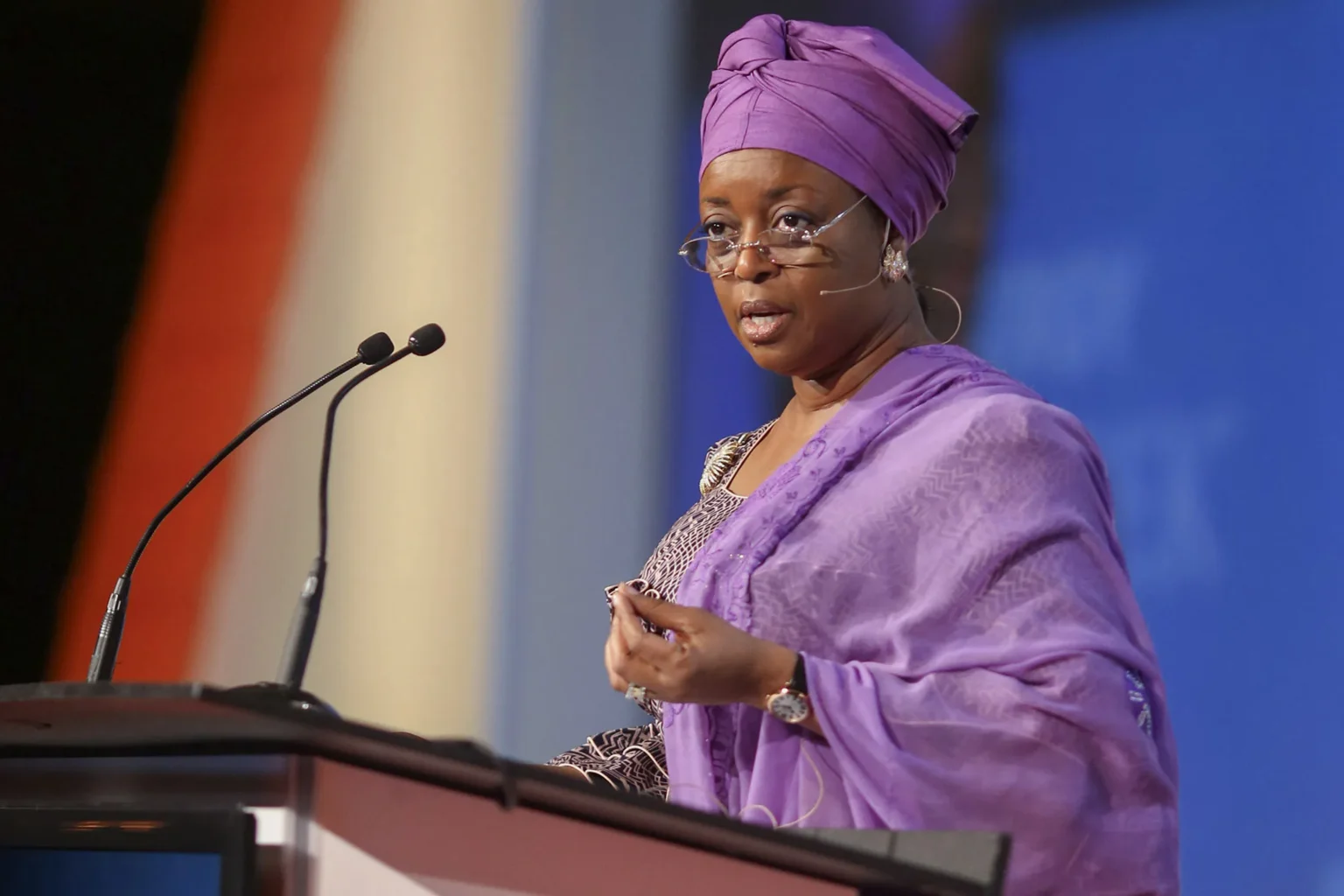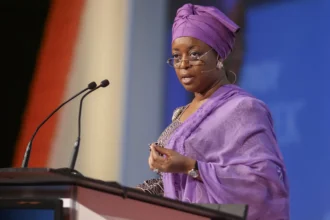The United States has announced the return of R1 billion (approximately $52.88 million) in seized assets to Nigeria. These funds are tied to a years-long corruption investigation involving Diezani Alison-Madueke, Nigeria’s former oil minister, and her associates. The announcement was made in a joint statement by Nigeria’s justice minister and the U.S. government.
This marks the first asset repatriation linked to Alison-Madueke, who served as Nigeria’s oil minister from 2010 to 2015. During her tenure, she rose to prominence as the first female president of OPEC, becoming a significant figure under former President Goodluck Jonathan.
Seized Assets and Their Use
The confiscated assets include luxury items such as a superyacht and high-value properties in New York and California. U.S. authorities seized these in 2023 as part of Alison-Madueke’s corruption trial.
The returned funds are earmarked for specific developmental and judicial purposes:
- R940 million (approximately $50 million) will fund rural electrification projects in Nigeria.
- R54 million (approximately $2.88 million) will be granted to the International Institute for Justice to bolster rule of law and counterterrorism initiatives.
Allegations of Corruption
Alison-Madueke, once hailed for her ambitious plans to reform Nigeria’s oil sector, faced accusations of embezzling millions in public funds. Authorities allege that she, along with her associates, laundered wealth through assets domiciled in the United States and the United Kingdom.
Despite her denials of any wrongdoing, Nigeria’s Economic and Financial Crimes Commission (EFCC) has obtained court orders to seize houses, luxury cars, and jewellery linked to her. The EFCC claims these assets were acquired through illicit means.
Broader Implications
The repatriation is a significant step in Nigeria’s anti-corruption efforts. It highlights international cooperation in addressing corruption and recovering looted funds. The focus on rural electrification underscores the importance of redirecting recovered assets towards public welfare.
Nigeria’s government hopes this case will encourage greater transparency in public office and serve as a warning against financial misconduct.









